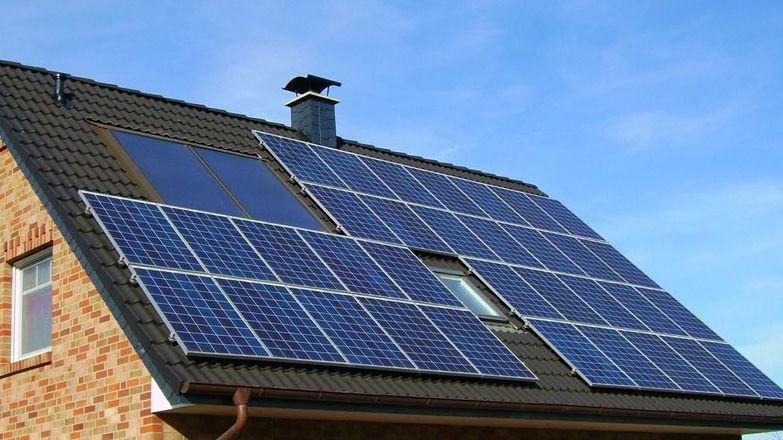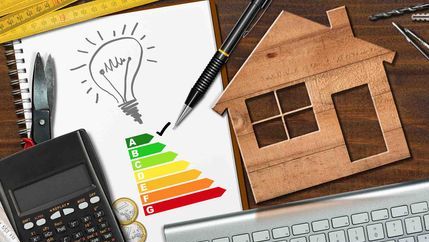
The new measures aim to help families cut energy bills while boosting the UK’s energy security with clean, homegrown power. The Department for Energy Security and Net Zero stated that new build homes will have solar panels fitted by default, alongside low-carbon heating and high energy efficiency standards.
A typical existing home with solar panels could save around £530 a year under current price cap levels, according to official estimates.
The proposed changes will amend building regulations to make renewable electricity generation, primarily solar, a functional requirement for new homes, with limited exceptions for shaded or tree-covered sites.
Retrofit take-up is improving but should the UK be doing more?
The Department for Energy Security and Net Zero (DESNZ) reports applications to the Boiler Upgrade Scheme were 49% higher in December 2023 compared to the same month in 2022, but without mandatory targets, there is little sign yet that energy-efficient homes in the UK command higher prices.
Propertymark’s stance
We have highlighted to decision-makers that awareness of schemes like the Boiler Upgrade Scheme remains low among agents and the public. Many property professionals also report that energy improvements do not yet lead to corresponding increases in property value — making upfront investment harder to justify.
We have also cautioned that policy ambition must be matched with viability. We warned that overly rigid requirements could deter development, particularly from small or rural housebuilders. Flexibility and cost caps will be key to ensuring widespread and viable solar adoption.
Path to net zero must not lead to zero homes
Proposals from the Department for Energy Security and Net Zero (DESNZ) to introduce higher Minimum Energy Efficiency Standards (MEES) for the private rented sector (PRS) raise serious concerns about the practicality, affordability, and likely impact on housing availability. In Propertymark’s response to consultation, informed by input from over 350 members from England and Wales, we insist the UK Government must work closely with the sector to design a fair and sustainable route to energy efficiency.
A wider plan for change
The new standard forms part of the UK Government’s Plan for Change, which includes a target to build 1.5 million new homes and make it easier and cheaper for people to install clean technologies like heat pumps and EV chargers. From May 2025, changes to permitted development rights mean most homeowners can now install a heat pump without submitting a planning application.
This joined-up approach is designed to futureproof homes, cut carbon emissions, and support families with long-term savings.
What this means for agents
For estate and letting agents, the inclusion of solar panels in the Future Homes Standard may increase consumer awareness of energy efficiency and renewables, making buyers and tenants more likely to value properties that include features such as solar and heat pumps.
Commercial and public sector agents should also be aware of how this policy could influence planning expectations and building standards for non-residential properties.
In our report, Energy efficiency in UK property, we found a gradual rise in EPC awareness among buyers. With new builds set to offer enhanced energy performance as standard, understanding and communicating the value of clean energy features will be an essential skill for agents.
What’s next?
The UK Government will publish the full technical details of the Future Homes Standard later in 2025. Propertymark will continue to press for realistic, well-communicated measures that support progress without undermining housing delivery.






